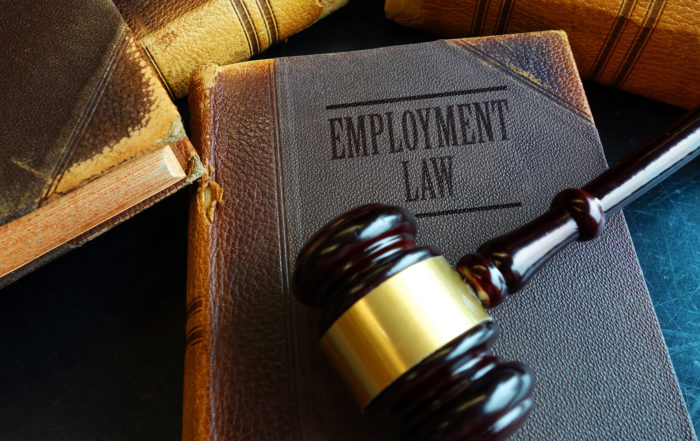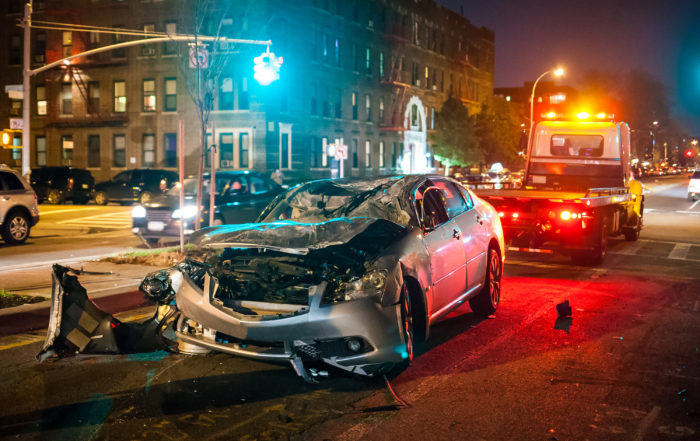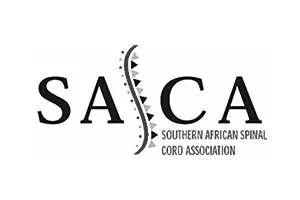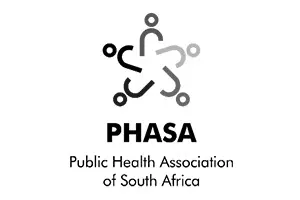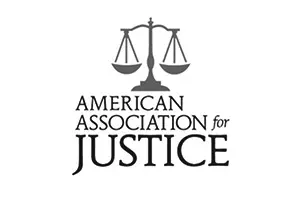
Shoppers’ rights to safety affirmed by full bench decision
Shoppers’ rights: Malcolm Lyons & Brivik Inc. were successful in establishing the negligence of a defendant on behalf of our client who had slipped and fallen in the Canal Walk Shopping Centre.
The claim was pursued against the Cleaning service and not against Canal Walk directly, as Canal Walk had outsourced all of its cleaning to a Cleaning Service Company.
It was our client’s evidence that she had slipped and fallen on slippery substance outside of a shoe store in Canal Walk. Although the cleaning service had agreed in the papers before trial that there was a slippery substance on which she fallen, it tried to retract that admission at the trial. We would not allow that.
It was our client’s case that while she was walking down one of the walkways back to her place of work she slipped and fell heavily. She did not see nor was she able to identify what she had slipped on. However, in security reports and reports of the cleaning service there was unanimity that there was a wet substance on the floor. In Court however, the cleaning service argued that our client slipped because she wore plastic Croc shoes, had been walking too fast and had previous surgeries to her knee and back. It also argued that approximately 25 people had stepped past that same wet spot in the immediate two minutes prior to our client slipping and falling.
None of those arguments held sway before a Full Bench of the High Court in the Western Cape. Three Judges considered the evidence and found that our client did in fact slip on a liquid substance and that the liquid was likely to be ice cream.
The Court also considered what would be an appropriate cleaning regime and found after examining both previous case law and the evidence which we had produced -and which included the size of the mall , the number of people who traversed the mall, i.e the foot fall , the accepted standard number of cleaners per 1200 square metres and also an in-depth examination of precisely what the cleaning service employees were required to do – that the cleaning regime was in fact inadequate.
What was most surprising was evidence from the witnesses produced by the cleaning service who stated that their responsibility to the public was not to prevent slips and falls or to operate as an emergency response cleaning contractor. Leaving little doubt that there was never an intention on the cleaning service’s part to ensure the mall was safe, thus reinforcing shoppers’ rights.
Eventually the Court found that not being able to detect spillages on the floor for a period of up to 40 minutes was inadequate.
Finally the cleaning service wanted to argue that our client was herself responsible for the terrible outcome but the Court refused to make a finding that based on the shoes that she wore or the speed at which she walked that she should be held responsible.
The matter now proceeds for the determination of the value of the claim.
Our client unfortunately underwent 11 operations to her knee and is still unable to walk without assistance.
The current position on objections to the con/arb process
Con/arb process - The Commission for Conciliation, Mediation[...]
Out of time? Think again – The CCMA and its rules
By Lara Keil (Candidate Legal Practitioner) under the[...]
RAF’s lodgement requirements: Claimants further prejudiced
By Lara Keil (Candidate Legal Practitioner) under[...]





